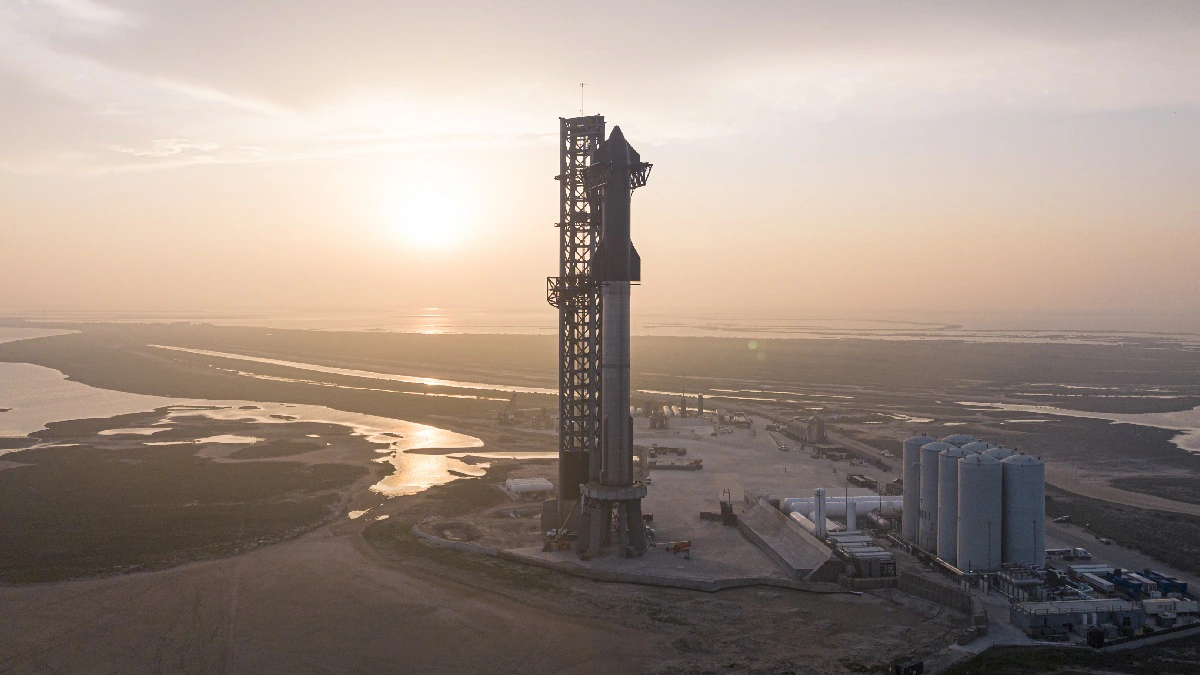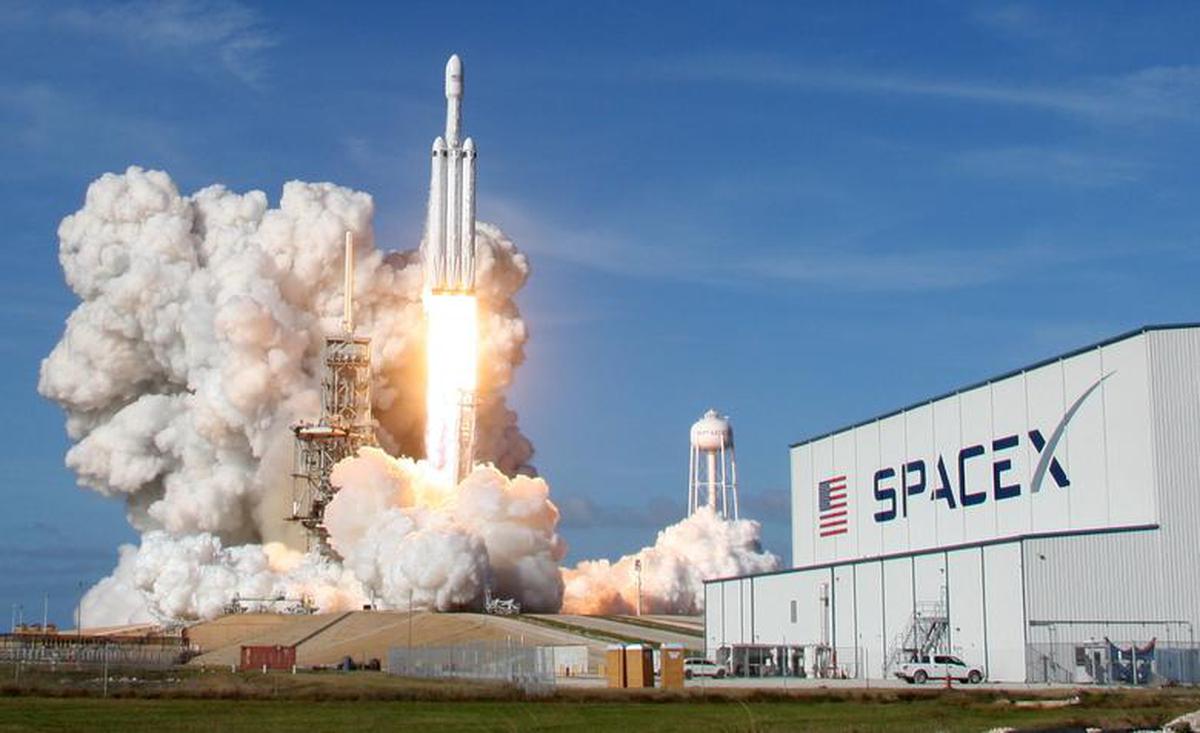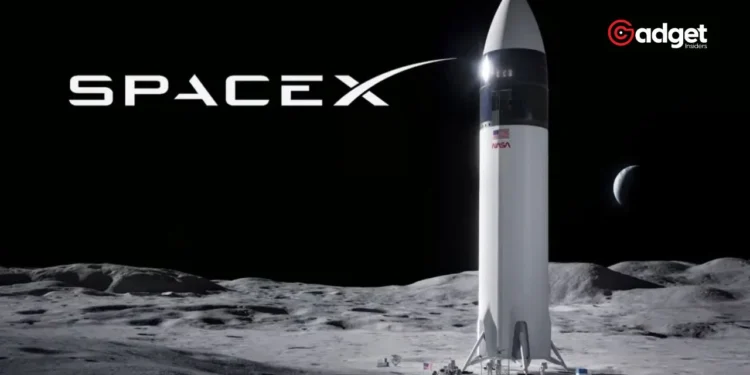Space Exploration Technologies Corp., commonly known as SpaceX, is once again at the center of aerospace buzz. As the company gears up for another monumental test of its Starship mega-rocket, the market is abuzz with speculation about its financial maneuvers, potentially valuing the company at a staggering $200 billion. Despite these swirling rumors, CEO Elon Musk has publicly refuted claims of a forthcoming tender offer aimed at this valuation.

Rocketing Expectations and Market Maneuvers
In recent developments reported by Bloomberg News, sources hint at an insider-only stock sale that could pitch SpaceX’s value at around $200 billion. The discussions suggest stock prices might hover between $108 and $110 per share.
However, in a twist countered by Musk himself, the SpaceX CEO has dismissed the need for additional capital, stating on X (formerly Twitter), “SpaceX has no need for additional capital and will actually be buying back shares. We do liquidity rounds for employees and investors every ~6 months.”

This statement not only clarifies the company’s financial strategy but also highlights its robust position in the competitive aerospace sector. Currently ranked as the second-most valuable startup globally, trailing only behind ByteDance, SpaceX was last pegged at a $180 billion valuation as of December 2023.
The Starship’s Ascent: A Glimpse into the Future
Amid these financial narratives, SpaceX continues its audacious quest to redefine space travel with its Starship rocket. Standing at an imposing 400 feet, the Starship has already undertaken three flight attempts and is poised for its fourth.
The upcoming test, scheduled as early as June 5 pending FAA approval, promises to refine the blueprint for space exploration. The rocket, having received significant software and hardware updates, aims to demonstrate improved performance with an anticipated splashdown in the Indian Ocean.

“The fourth flight of Starship will aim to bring us closer to the rapidly reusable future on the horizon,” stated a company spokesperson. This mission not only underscores SpaceX’s technical prowess but also its commitment to a sustainable space exploration model.
Expanding Horizons: From Spy Satellites to Global Connectivity
SpaceX’s portfolio extends beyond these technological feats. The company has recently secured a contract worth over $1 billion with U.S. government agencies to construct a network of spy satellites. This initiative, led by the National Reconnaissance Office, is set to enhance national security capabilities through advanced orbital surveillance.
Furthermore, SpaceX’s Starlink subsidiary continues to make significant strides in global internet connectivity. During a recent trip to Bali, Musk announced the official launch of Starlink’s satellite internet services in Indonesia, now serving approximately 17,000 people. With over 3 million customers in 99 countries, Starlink’s rapid customer acquisition—jumping from 2 million in September to 3 million—illustrates the growing demand for reliable and widespread internet access.

Conclusion: SpaceX’s Starring Role in the New Space Age
As Company continues to navigate both market speculation and aerospace innovation, its trajectory remains closely watched by industry observers and financial analysts alike. With each launch, tender offer rumor, and international expansion, SpaceX is not just launching rockets—it’s propelling us into a new era of technological possibilities and connectivity. The journey of this aerospace giant is a vivid testament to the power of visionary leadership and relentless pursuit of advancement.










